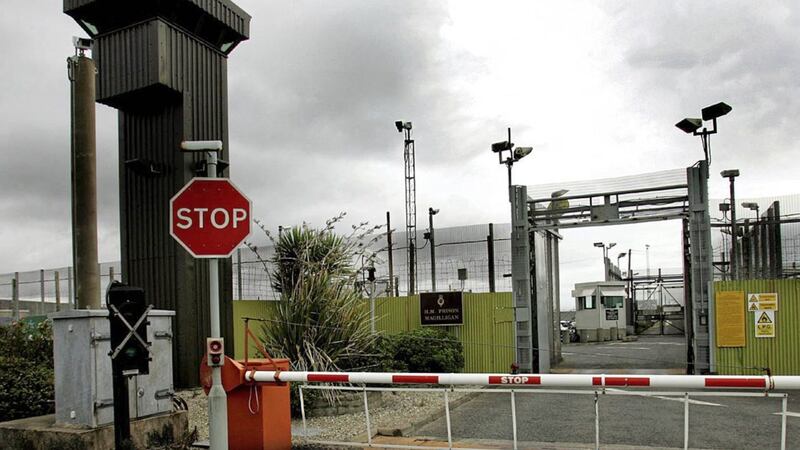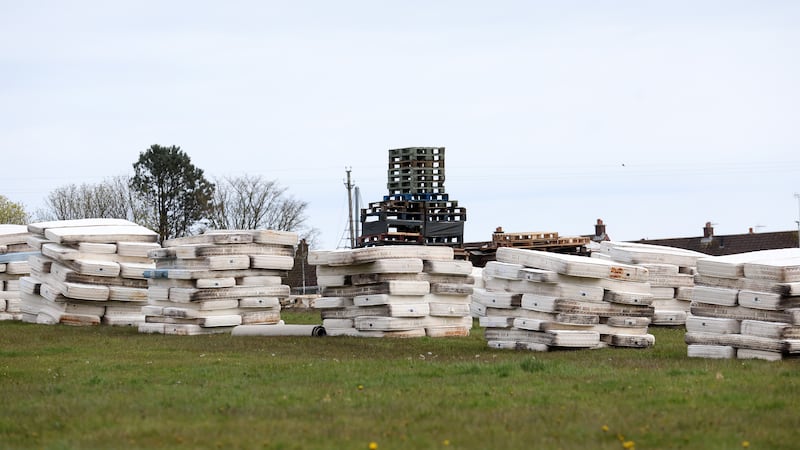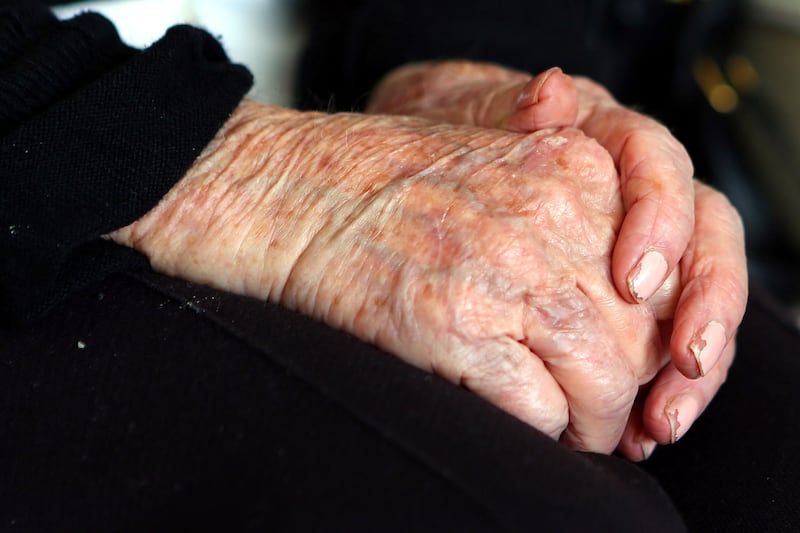More than 40% of care homes investigated by the Health Information and Quality Authority (HIQA) have been found to be in breach of health regulations.
The HIQA published 49 inspection reports on residential centres for older people around Ireland.
While inspectors found evidence of good practice and compliance with regulations and standards in 29 centres, they found evidence of non-compliance in 20 others.
In these centres, the provider failed to ensure services were effectively monitored in line with regulations and standards.
Inspectors identified breaches in areas such as records, protection, staffing, training and staff development, governance and management, premises, infection control, health and social care needs, persons in charge, personal possession, residents' rights and individual assessment and care plans.
Beneavin Lodge in Dublin was found to be in breach of six regulations, including agency staff not receiving an induction, little activity provided for residents and poor maintenance of residents' equipment.
Inspectors, who made an unannounced visit earlier this year, said a number of residents and their families expressed concerns about management of staff and the regular use of agency carers to cover vacancies and absences.
The report also said: "Families reported that there was a lack of continuity of care for their relative and that they often found it difficult to obtain accurate information about the resident's health and well-being from staff on duty when they visited.
"Family members told the inspectors that when they raised concerns about staffing and other issues, staff and managers dealt with the issue at the time but that their complaint was not fully resolved and as a result the same problems would recur again.
"Families and residents said that they did not know who was responsible for managing complaints in the centre."
There were also concerns raised that there needed to be more activities as residents were spending long periods of time with 'little to do' and no access to 'meaningful activity'.
Inspectors at St Ita's Community Hospital in Newcastlewest, Limerick, discovered there was an infectious outbreak at the time of its inspection.
They said that despite the centre being generally clean, there was evidence of 'inadequate' infection control.
The report said: "While hand-hygiene audits were taking place regularly, a substantial number of staff had not received current training in infection prevention and control.
"At the time of inspection one unit had implemented access control protocols due to an outbreak of a healthcare-related infection.
"Circumstances that could contribute to compromised infection control arrangements included the continued practice of multi-task attendants undertaking duties in relation to both cleaning and personal care in the course of a shift."
It also found that police vetting disclosures were not available in the designated centre while inspectors also discovered gaps in documentation on care plans.
The HIQA said that of the 29 centres that complied with regulations, inspectors found that residents' needs were being met and care was being delivered in line with national standards and regulations.








